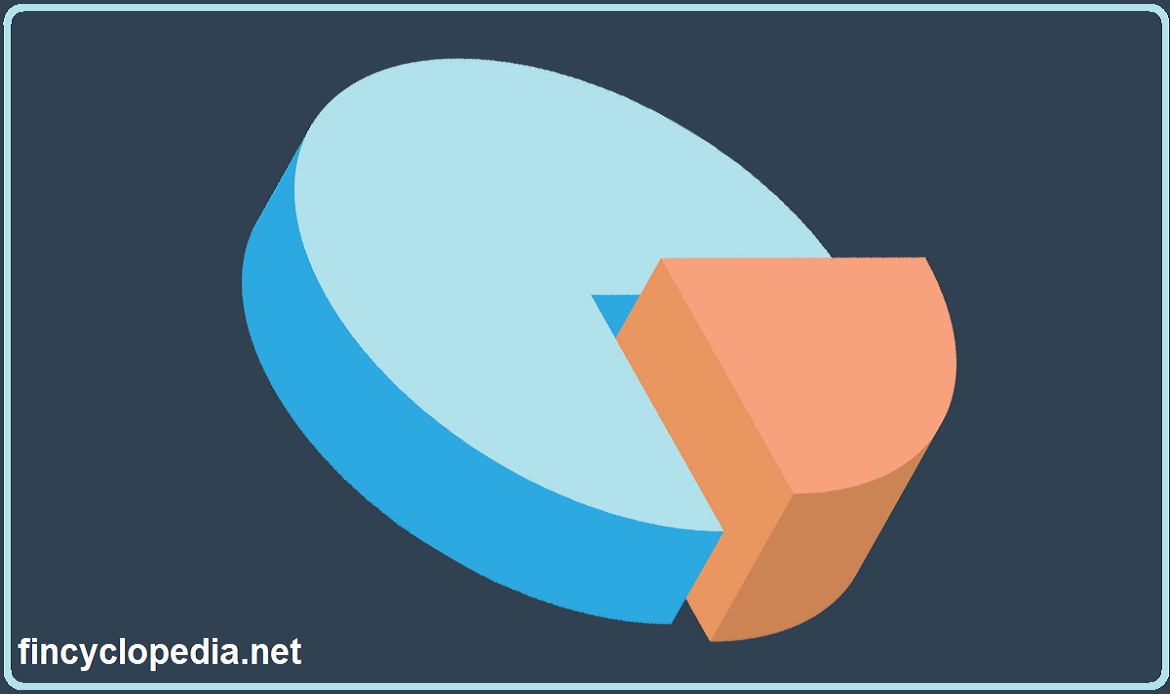A collection of fundamental concepts for general purpose financial reporting that is developed and used by a standards-setter as a guidance and reference point for developing accounting standards on a consistent basis. A framework helps to ensure that the standards are conceptually compatible and do not raise any contradictions as to treatment, presentation, disclosures, etc. The framework can also guarantee that alike transactions are accounted for in a similar manner.
Furthermore, a framework is a means by which preparers (of financial reports/ statements) can develop their own accounting policies in cases where particular events/ transactions/ products are not covered by stand-alone standards. Preparers can also use it to develop their own accounting policies when an existing standard grants preparers the option to apply policies of choice. Overall, a framework is meant to help to provide useful information for users: investors, lenders and other creditors,etc., so that these users can understand and interpret existing standards in a better manner.
A framework may particularly set out wide-ranging aspects of financial reporting including the objective of general purpose financial reporting, definitions of financial statements’ items (an asset, a liability, equity, income, expense, etc.), recognition/ derecognition criteria, concepts and guidance on presentation and disclosure, the qualitative characteristics of useful financial information, just to mention a few.





